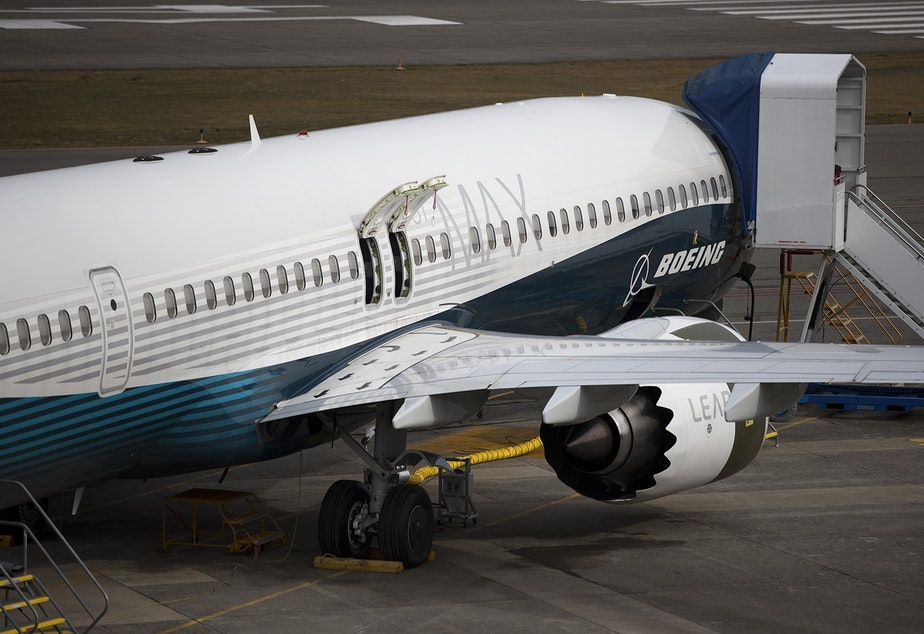Pilots of Boeing 737 MAX followed procedures before crash, Ethiopia says

Pilots of a Boeing 737 MAX jet followed the procedures for stopping a new anti-stall system but still couldn’t prevent last month’s crash, Ethiopian officials said Thursday.
The crash of the Ethiopian Airlines jet killed 157 people. It was the second recent fatal crash of a 737 MAX.
National Public Radio reported that Ethiopia's Transport Minister Dagmawit Moges said "the crew performed all the procedures repeatedly provided by the manufacturer but was not able to control the aircraft."
Moges was speaking at the release of details of a preliminary report on the incident.
Ethiopian Airlines also said in a statement on Twitter Thursday that the pilots were in "full compliance with the emergency procedures.”
In a video statement, Boeing Chairman and CEO Dennis Muilenberg acknowledged that the anti-stall system known as MCAS was involved in the crashes in Indonesia and Ethiopia but also said that system got bad data from a sensor.
Muilenberg said Boeing is committed to fixing the problem.
"It’s our responsibility to eliminate this risk,” he said. “We own it and we know how to do it."
Muilenberg also apologized again for the loss of life in the two crashes -- a total of 346 people were killed.
“All of us feel the immense gravity of these events across our company and recognize the devastation of the families and friends of the loved ones who perished," he said.
Boeing was criticized for its initial response to the Indonesian crash. Muilenberg promised that when the 737 MAX is cleared to fly again, it will be one of the safest aircraft ever built.
Airline analyst Richard Aboulafia said the Ethiopian report is a mix of good and bad news.
The good is that it isolates the MCAS system as the reason for the crash.
However Aboulafia said this adds a new complication to Boeing's software fix.
"It's not completely clear that Boeing was completely right that you could just turn it off and fly the plane manually," Aboulafia said. "It looks like the plane might have been in a position where it was very difficult to recover even after they turned off the MCAS system."
Meanwhile, ABC News cited unidentified sources as saying the sensor might have been damaged on takeoff, and that could have triggered MCAS. But Ethiopian officials said they had no indication from the flight data recorder of damage on takeoff.





